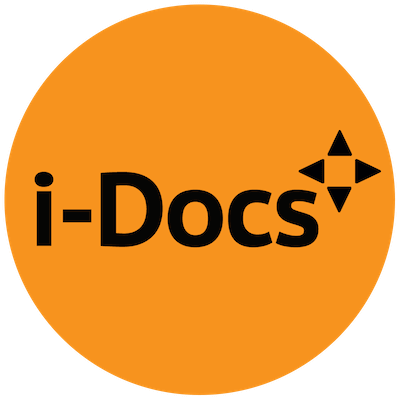Martha Ladly is a Professor at the OCAD University in Toronto, Canada, and a senior researcher at the OCADU Mobile Experience Lab. She specializes in technology and design research, has been the Chair of the Research Ethics Board (2008-2011) and led the design of the recently launched Graduate Program in Digital Futures at the university. Martha was the Principal Investigator and leader of the Mobile Nation International Conference at OCADU, and is the co-editor of the anthology Mobile Nation: Creating Methodologies for Mobile Platforms, published by Riverside Press. Prior to her academic career Martha worked as a musician, performer, and writer with an international recording career as both a band member and solo recording artist. She earned two certified gold discs, numerous top-ten singles and albums, and a Canadian Juno award. She then went on to work for ten years as the Head of Design with Peter Gabriel for Real World, leading design teams for numerous award-winning music, video, and interactive projects.
Session Title: Mobile Communities at Work & Play
Creative practices in interactive documentary in the realm of locative mobile art and design, can engage communities and audiences in social practices that are playful and provocative. Locations are often public and participants are on the move. The ubiquity of mobile devices and new applications allows users to become participant-makers: as a consequence, the participatory realm in mobile art and design creates tensions and speculative links between individuals in real and virtually augmented environments. Mobile technologies reproduce cultural arrangements and can be imbued with cultural value—often artists and designers are concerned with interactions in communities of players in public space. These sorts of mobile i-documentary projects have the potential to offer an evocative local narrative: a portrait of the past and current life of the community. Such projects lay a veil of information over the public and the local, offering artists, designers and participants new opportunities for creative interactions. In this way, interactive documentary practices can be used as a force for community building, critique, and social change.
Addressing the themes that i-documentary raises of pervasive and augmented reality experiences in public space, I propose a paper, and would be interested to chair a panel that will present and discuss both the historical and more recent precedents of using mobile technologies for annotating and layering public space, for a diverse audience of participants. Discussions regarding self-reflexive use, and critique, of mobile technologies and pervasive locative experiences, especially as they impact communities and identities and social relations, will be the focus of this panel. Such topics as the use of personal and community narrative; the notions of “home” that may be uncovered with mobile i-docs; and the dissemination of ‘news’ and personal stories around current events in the community via i-docs and mobile media, will be the focus of this panel.1
1. Alongside notable examples of locative mobile i-docs, examples of my current research and student’s work would be discussed, including: Rupture, a multiplatform mobile interactive visualization of an enormous data set of earthquake activity; the Re-Tweet Driller, a mobile application that looks at the data derived from the Arab Spring uprising in Tahrir Square, and compares citizen journalist stories to conventional media reportage; and Take Me With You, a locative mobile fitness game for interactive participation between elders and young children. For more info go to: http://cargocollective.com/marthaladly

